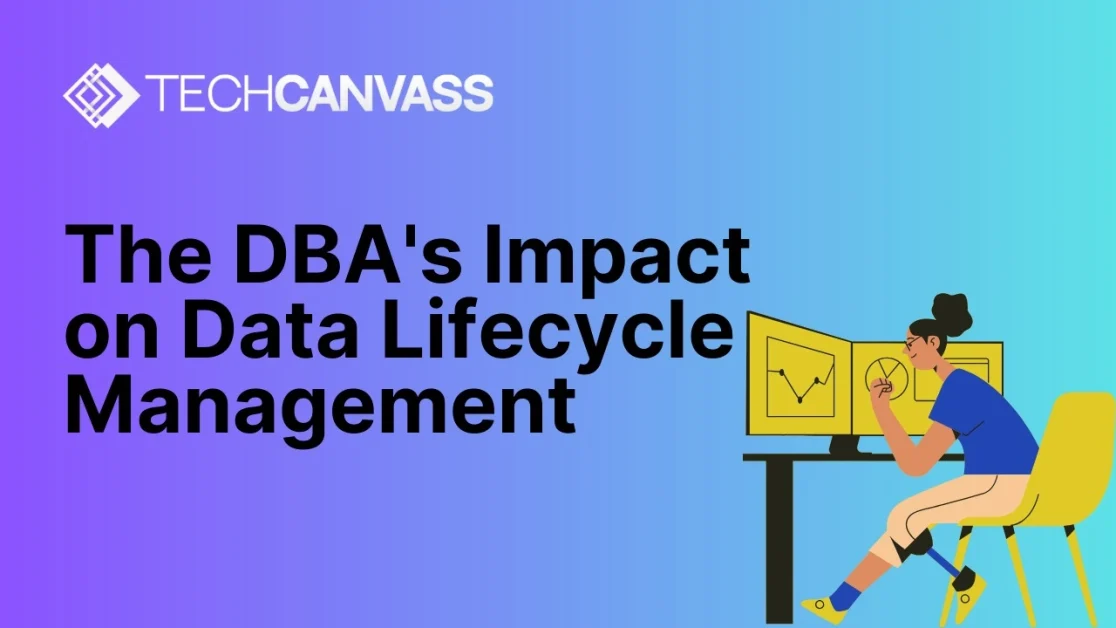As we know we are now becoming a very data-driven society, and hence database administrators or DBAs are becoming a crucial part of every industry. A DBA is responsible for handling the data lifecycle management (DLM).
Data lifecycle management includes the following:
- Data acquisition
- Integration
- Storage
- Optimisation
- Processing
- Analysis
- Archiving
- Retention
- Final disposal
The responsibility of a DBA is to ensure that the data is of high quality, is safe, accessible, and finally complies with all the laws.
There are certain legal requirements and organizational objectives, and for this, the DBAs have to make sure they delve in activities like data retention and archiving plans. This further will guarantee that the past data is always available for examination if needed. However, DBAs may delete this data after confirming that it is no longer required.
Now every job comes with its highs and lows, a database administrator has to keep up with the changing rules and ensure there is a balance between performance and storage costs. Some of the best practices for DBAs include automating repetitive tasks, leveraging DLM frameworks, and keeping them up to date with all the skills.
Now it is an important task of a DBA to collaborate with SMEs (Subject matter experts) to further understand the regulations and the data within the business. This further guarantees that data administration practices are aligned with organizational objectives and compliance standards.
Effective DBAs have skills such as good communication and teamwork abilities in addition to their technical knowledge, which makes them invaluable in today’s data-driven enterprises.
To read the complete blog, visit HERE.




